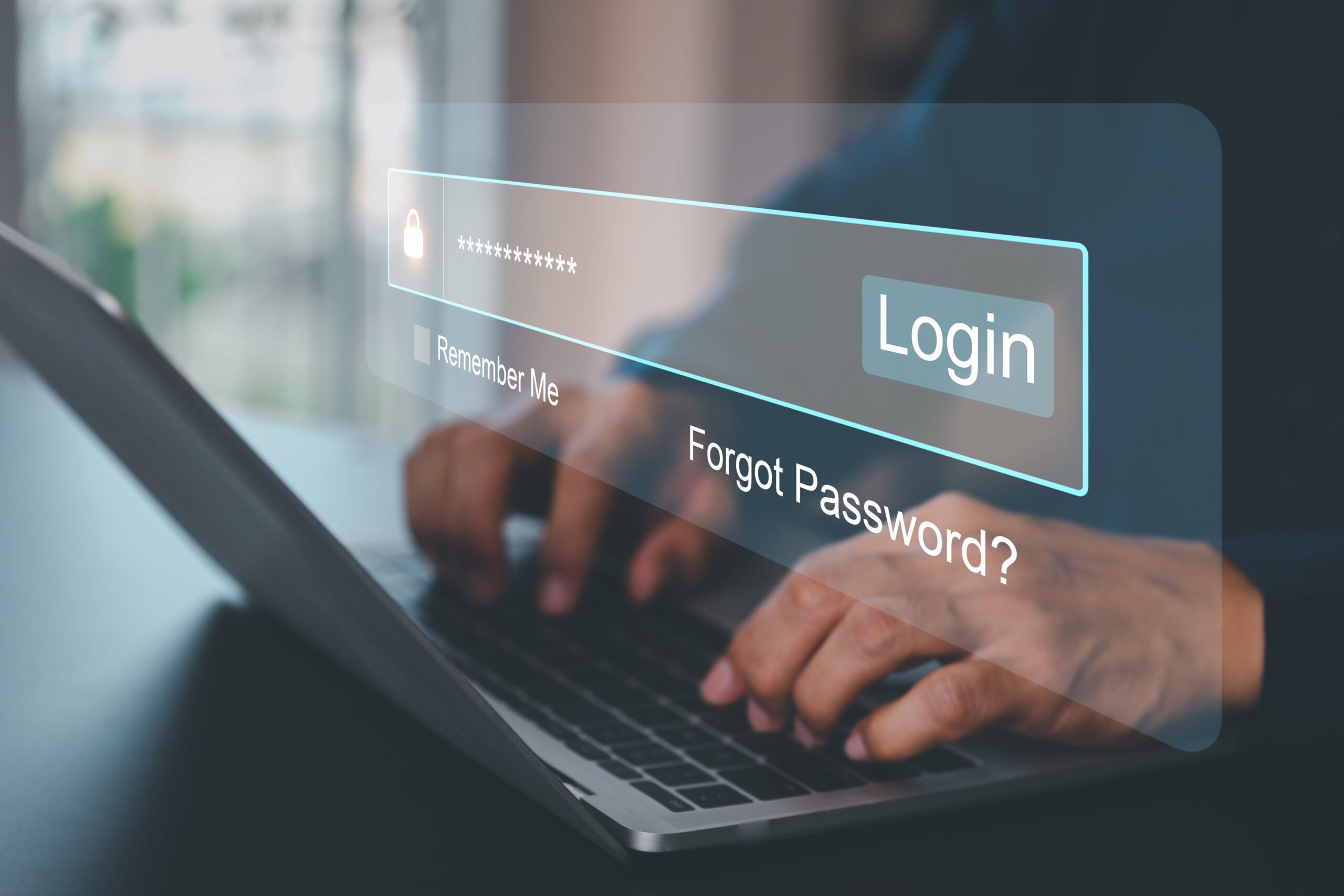
Planning for Digital Assets in Your Estate Plan
In today’s digital world, estate planning isn’t just about physical property or financial accounts. From social media profiles to cryptocurrency wallets, digital assets play an increasingly significant role in our lives. Including them in your estate plan ensures they are managed according to your wishes after you’re gone. Here’s how to get started.
What Are Digital Assets?
Digital assets include any online or electronic accounts, files, or property you own. Common examples are:
- Financial Accounts: Online banking, investment portfolios, and cryptocurrency wallets.
- Social Media Accounts: Facebook, Instagram, Twitter, and LinkedIn profiles.
- Digital Subscriptions: Streaming services, cloud storage, and software subscriptions.
- E-commerce Accounts: Online stores and payment platforms like PayPal or Venmo.
- Intellectual Property: Blogs, photographs, and other creative works stored online.
Why Include Digital Assets in Your Estate Plan?
Without proper planning, your loved ones may face challenges accessing your digital accounts. This can lead to:
- Loss of sentimental items, such as photos and videos.
- Financial setbacks if they can’t access online banking or cryptocurrency.
- Legal issues if accounts are not properly closed or transferred.
Steps to Plan for Digital Assets
- Create an Inventory Start by listing all your digital assets. Include account details, login credentials, and the purpose of each account. For security reasons, do not include passwords directly in your estate plan.
- Appoint a Digital Executor A digital executor is someone you trust to manage your digital assets after your death. Make sure they are tech-savvy and willing to take on the responsibility.
- Provide Access Instructions Use a secure password manager to store login information and provide your executor with access. Alternatively, leave instructions on how to retrieve account credentials.
- Specify Your Wishes Clearly state how you want each asset to be handled. For example:
- Delete certain social media accounts.
- Transfer ownership of intellectual property.
- Access and manage cryptocurrency wallets.
- Include Digital Assets in Your Will or Trust Mention your digital assets in your estate planning documents. Note that some accounts may have their own rules regarding access and transfer after death.
Tips for Protecting Your Digital Legacy
- Regular Updates: Keep your inventory current as accounts and assets change.
- Understand Terms of Service: Review the policies of each digital platform regarding deceased users.
- Seek Professional Advice: Work with an estate planning attorney to ensure your digital assets are properly addressed.
How Edwards Law Can Help
At Edwards Law, we understand the unique challenges of planning for digital assets. Our experienced team can help you create a comprehensive estate plan that includes your online presence and electronic property. Contact us today to schedule a consultation and secure your digital legacy for the future.

What Is Probate, and How Can You Avoid It?
When planning your estate, one term that comes up frequently is probate. While it’s a common legal process, probate can often be time-consuming, costly, and stressful for your loved ones. At Edwards Law, we specialize in helping clients understand and navigate probate, as well as offering strategies to avoid it entirely.
Let’s break down what probate is, why it matters, and how you can sidestep it with smart planning.
What Is Probate?
Probate is the legal process through which a deceased person’s will is validated, and their estate is distributed. This process is overseen by a court and involves:
- Authenticating the Will: If the person left a will, the court ensures it’s valid.
- Identifying Assets: All assets in the estate are accounted for.
- Paying Debts and Taxes: Any outstanding debts, taxes, or claims against the estate are settled.
- Distributing Assets: After debts are paid, the remaining assets are distributed to the beneficiaries.
While probate ensures a fair distribution of assets, it can often be a lengthy and public process, creating stress for grieving families.
Why Avoid Probate?
Avoiding probate can benefit your loved ones in several ways:
- Saves Time: Probate can take months or even years to complete, delaying the distribution of assets.
- Reduces Costs: Probate fees, attorney fees, and court costs can add up, reducing the overall value of the estate.
- Protects Privacy: Probate is a public process, meaning anyone can access court records to see the details of your estate.
- Minimizes Disputes: Avoiding probate reduces the likelihood of legal challenges from family members or creditors.
How to Avoid Probate
Fortunately, there are effective strategies to keep your estate out of probate court. Here are some of the most common ways to bypass the process:
- Create a Living Trust: Transferring your assets into a living trust allows them to pass directly to your beneficiaries without going through probate. You remain in control of the trust during your lifetime and can make changes as needed.
- Joint Ownership: Owning property jointly with rights of survivorship ensures that the property automatically transfers to the surviving owner when you pass away.
- Beneficiary Designations: Assign beneficiaries to accounts like life insurance, retirement funds, and bank accounts. These assets transfer directly to the named individuals without probate.
- Payable-on-Death (POD) Accounts: Designate a beneficiary for your bank accounts, so the funds transfer immediately upon your death.
- Small Estate Procedures: In Georgia, estates below a certain value may qualify for simplified probate or even bypass it altogether.
Take Action Today
Avoiding probate requires proactive estate planning, and every situation is unique. By working with an experienced estate planning attorney, you can ensure that your assets are distributed quickly, privately, and according to your wishes. At Edwards Law, we’re here to help you protect your legacy and minimize the burden on your loved ones. Ready to avoid probate and secure your family’s future? Contact us today to schedule a consultation and take the first step toward stress-free estate planning.

